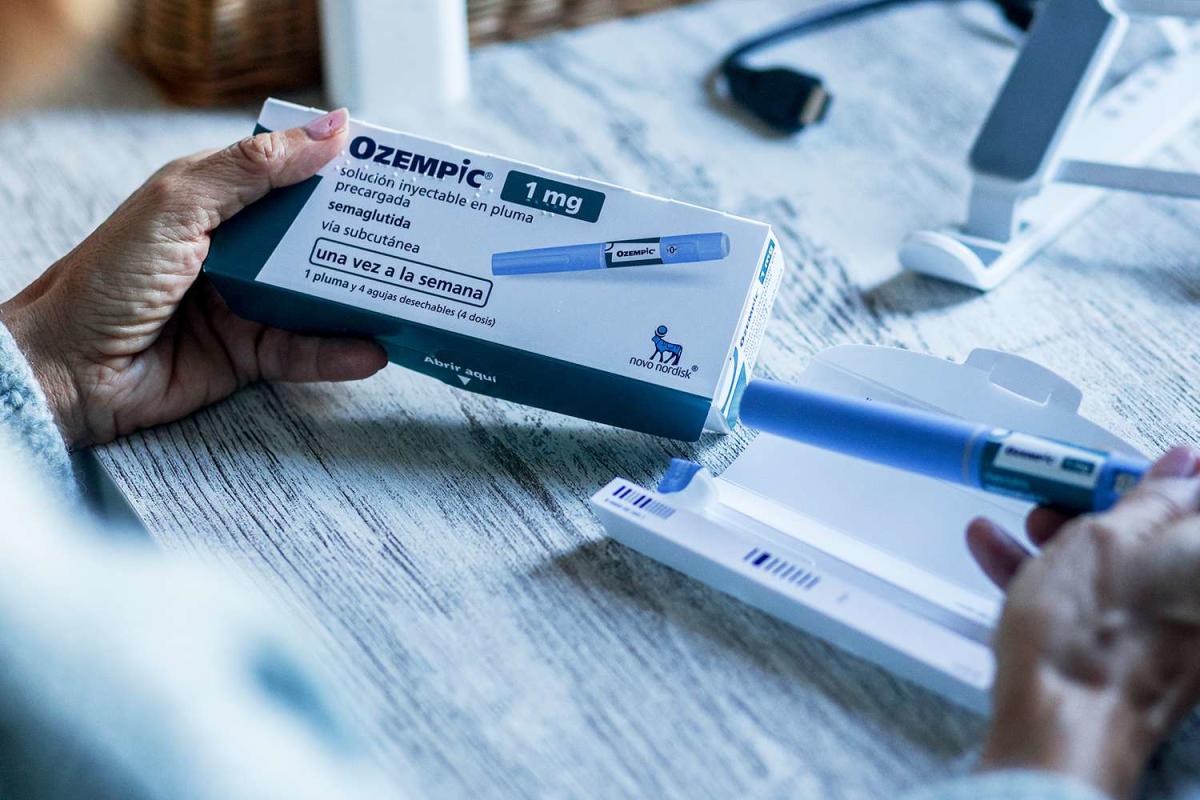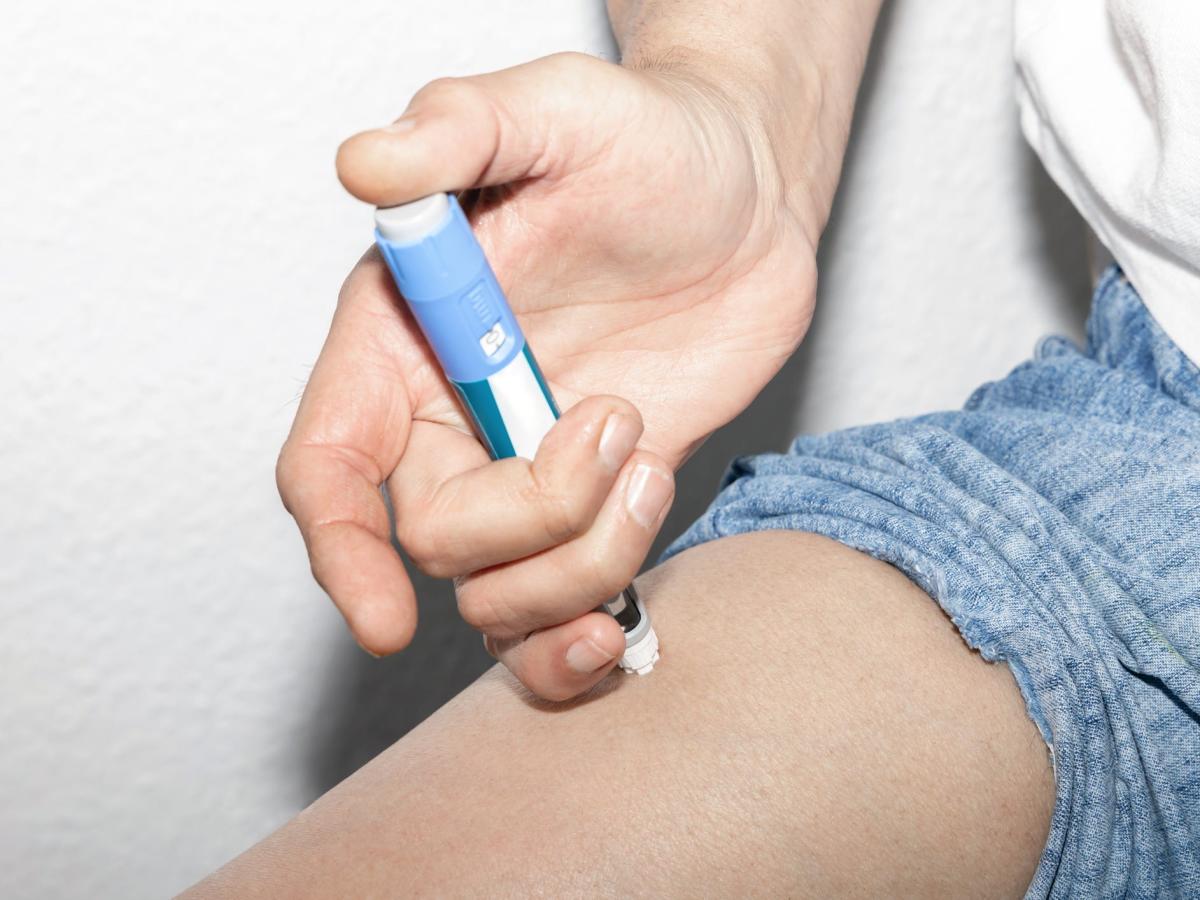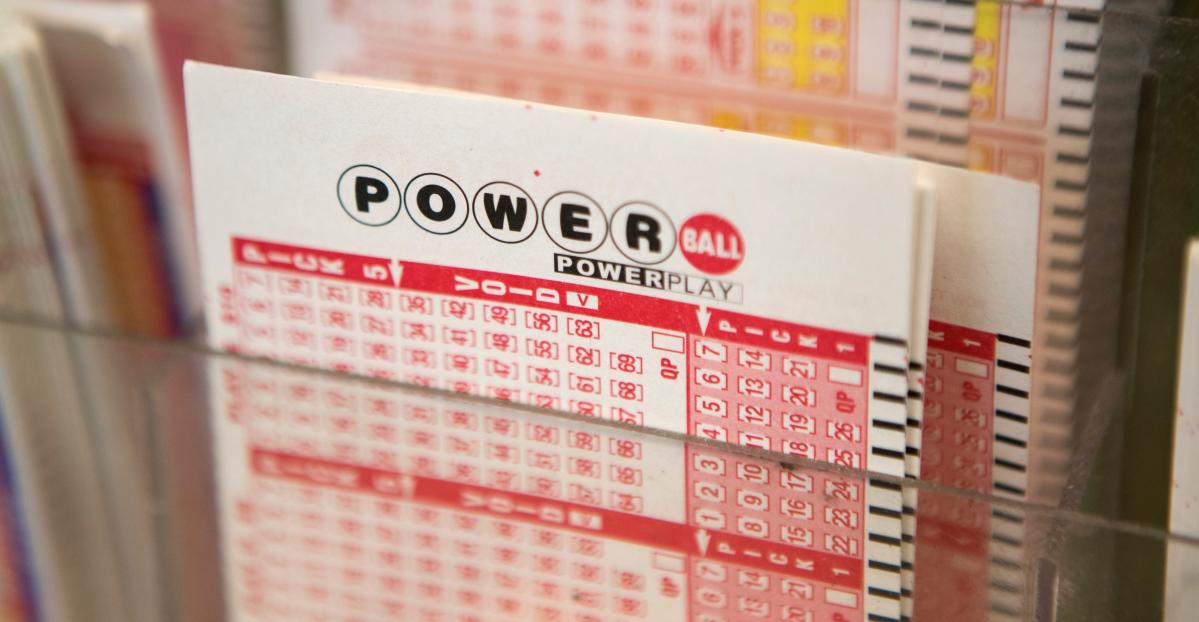The San Luis Obispo woman who was convicted of selling the fentanyl that killed a Templeton man was sentenced Friday to the maximum prison term allowable under law.
Brandi Turner, 50, pleaded no contest to voluntary manslaughter about two weeks after a mistrial was declared when a jury deadlocked in her murder case on Feb. 16.
Her conviction is the first of its kind in San Luis Obispo County in which a fentanyl dealer was found responsible for their customer’s overdose death.
Turner admitted in court testimony that she sold the drug to 31-year-old Quinn Hall on Oct. 26, 2022. He was later found dead behind the Animal Services building off Highway 1.
Turner’s attorney Jeffry Radding argued she was not at fault because Hall was a regular fentanyl user who was aware of the danger, while prosecutors said Turner knew the risks of fentanyl before selling it and should be held responsible.
After a two-week trial in January, the jury split 7-5 in favor of guilt for second-degree murder. The jury did find Turner guilty of three other charges: possession of fentanyl for sale, selling fentanyl and possession of meth.
The San Luis Obispo County District Attorney’s Office recommended Turner receive seven years in prison total — six years for the manslaughter charge and one year for the drug charges. The maximum amount allowable for the manslaughter charge is 11 years, but there must be an aggravating factor that outweighs any mitigating factors for a defendant to receive the highest sentence.
San Luis Obispo County Deputy District Attorney Greg Devitt said the maximum sentence would protect society and deter people in the community from committing the same crime.
Radding argued Turner should receive the lowest term — 3 years for the manslaughter charge — because Turner endured sexual trauma as a child and domestic violence, mental health issues, and an attempted suicide as an adult, which he said was directly linked to her drug sales.
The probation department, however, argued in their report that Turner should receive the maximum sentence, claiming the fact that Hall was vulnerable was an aggravating factor.
Judge Barry LaBarbera disagreed and said the fact that Turner didn’t have a prior criminal record was a mitigating factor.
He added that while he didn’t believe Turner’s prior trauma contributed to her drug sales, it did contribute to her addiction, which led to her drug sales. He added that it was clear Turner did not intend to kill Hall when she sold him the drug, but rather that she knew of the dangers and potential lethality of the drug when she sold it.
Because of that, LaBarbera sentenced Turner to seven years in state prison.
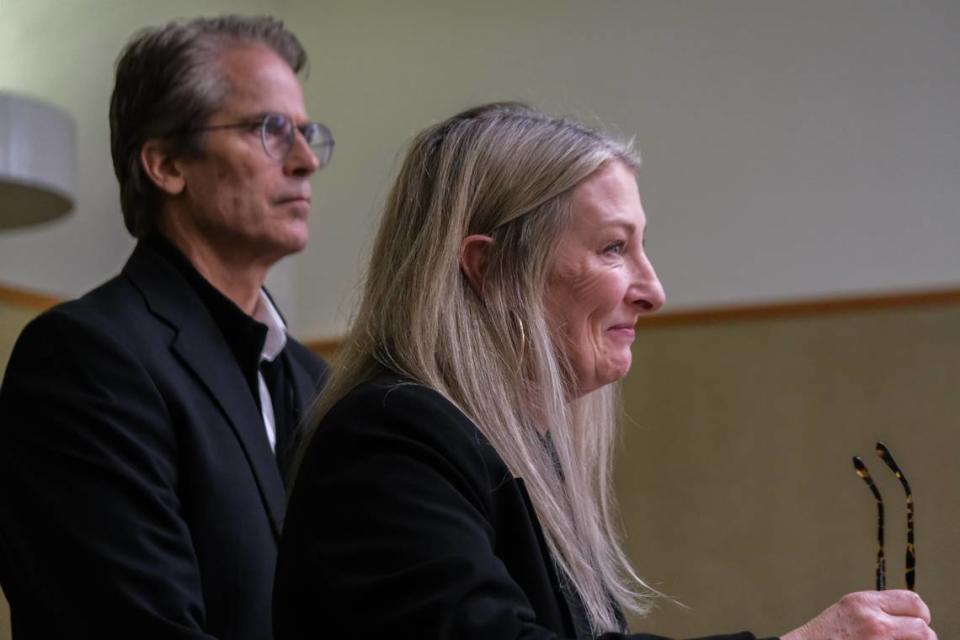
Family give impact statements, asks for maximum punishment
Tracy Hall, Quinn Hall’s mother, said during a victim impact statement that her life changed forever when the coroner knocked on her door on Oct. 27, 2022, to tell her that her son had died.
“I’m not the same person,” she said. “We were family. We were best friends.”
She said her son struggled with substance abuse disorder and was working hard to get his life back on track. The day he died, he had spent time with his mom doing errands.
“He said to me, ‘Mom, I’m really happy. Can you tell I’m really happy? I’ve been feeling really underwater for some time, and now I feel hope,’” she told the judge. “We both did.”
Tracy Hall said she dropped her son off at the bus so he could get to a San Luis Obispo office to work and had no idea that would be the last time she would see him.
Turner took her son’s life, she said, adding that Turner knew fentanyl could cause death, especially after Turner’s husband’s death and Turner’s own near-death experience with the drug.
“I can’t imagine how a mother could subject to young men like Quinn to the selfish, callous treatment she did,” Tracy Hall said. “She spoke at the trial of him being a friend, but from the text messages, it’s clear that he was only a business transaction to her.”
She said a large part of her life ended the day her son died, and she asked the judge to give Turner the maximum punishment under law.
“Even if Brandi Turner receives the maximum penalty for causing Quinn’s death, she will have the opportunity to live the rest of her life,” Tracy Hall said. “Quinn will still be gone.”

Quinn’s father Keith Hall shared a similar sentiment.
He said the loss of his son is “incomprehensible” and the initial impact was “shocking” and “hard to express.”
Quinn Hall was youthful, vibrant, inquisitive and generous “in an unassuming way without expectation of reciprocation,” Keith Hall said.
He said addiction was his son’s “Achilles’ heel.” Quinn Hall had neuropathy, a painful nerve condition, and turned to drugs after trying multiple approaches to cope with the pain.
Addiction can change and damage someone’s brain, Keith Hall said, and it can make being sober a fragile condition that’s difficult to recover from.
“For years society has seen addicts as people without ambition and often without value,” Keith Hall said. “As we are learning more about the functioning of addiction, we are beginning to see a shift in our societal Judgment of addiction. (We’re) beginning to understand it as a disease, as a vulnerability.”
He said while mainstream perception has not caught up completely with recognizing an addict’s vulnerability, drug dealers have.
Turner took advantage of his son’s vulnerability, Keith Hall said.
“I saw Quinn’s struggle through detoxing. I helped him survive some of his more dire situations. He was working on recovery,” Keith Halll said. “It is so destroying for me to come to the realization that at the same time, as we were battling through those moments, there was another voice in Quinn’s head: texts from Brandi Turner.”

He said Turner conducted business without regard for his son’s life and reiterated that she exploited her son’s vulnerability for financial gain.
He added that the fact Turner continued to sell fentanyl for at least two weeks after Quinn Hall’s death shows she had no concern or remorse of what she had caused.
Keith Hall said fentanyl is a growing problem in San Luis Obispo County and encouraged the judge to give Turner the maximum sentence.
In a statement read to the court by a representative of the District Attorney’s Office, Quinn Hall’s sister, Lexa Hall, also said her life was changed when her older brother died. Quinn Hall was her hero, teacher, best friend and world.
“His smile was radiant, his laugh was truly infectious, and he had a sense of play that most of us lose as we age,” she said in the statement.
She said since her brother died, fentanyl deaths have only continued to grow, and she asked the judge to take the issue seriously.
“No one deserves to have their life cut short the way my brother’s was,” she said in the statement. “No friend or family member should have to grapple to move forward after the devastating and unexpected blow of the loss of a loved one to this drug.”
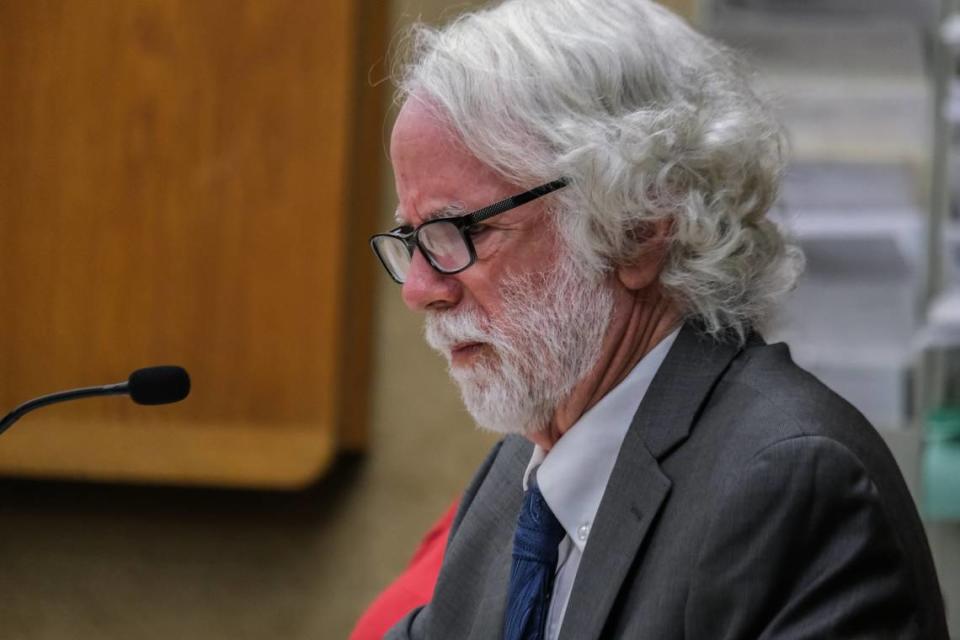
Signup bonus from


